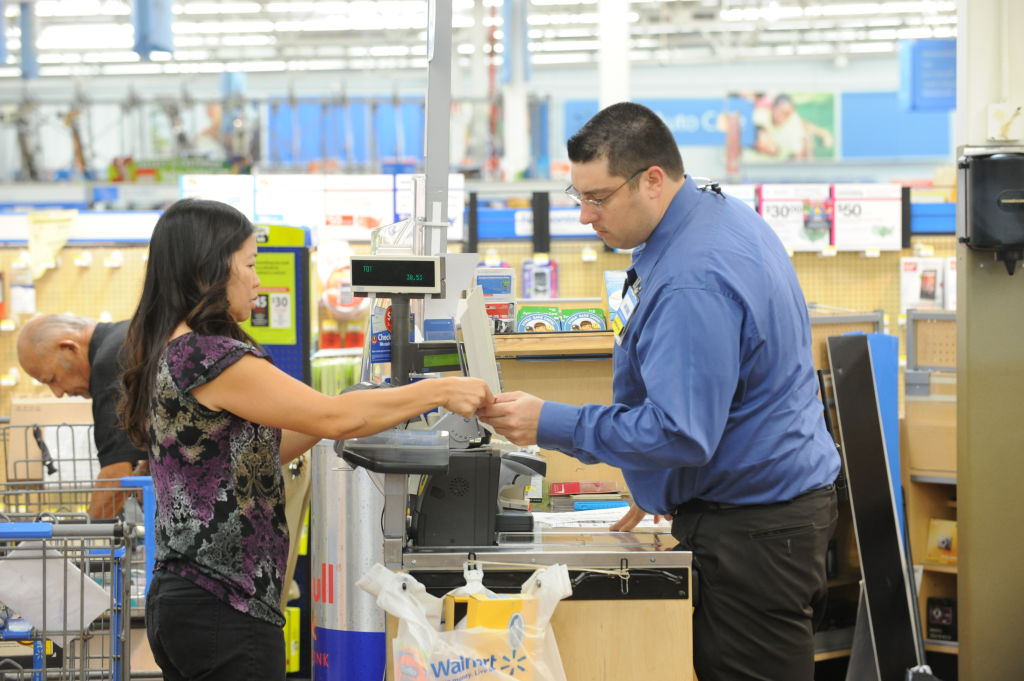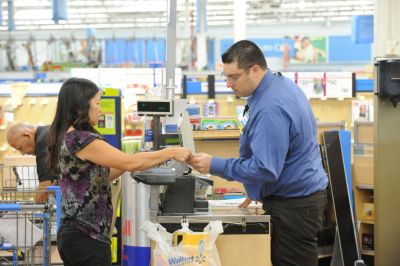With Women’s History Month in full swing, many social media users have celebrated the anniversary of women gaining equal access to credit. Such posts have popped up on sites like Instagram, Facebook, X (formerly Twitter), Threads, and Reddit.
This claim is true. Women often were prevented from obtaining credit cards independent of male co-signers prior to 1974.
Though different forms of credit have existed for thousands of years, the Diners Club Card—created in 1950—is generally considered to be the first modern charge card. By the end of the decade, BankAmericard—which later became Visa—launched the first consumer credit card, and American Express created its first charge card specifically for travelers. At the time, however, creditors often discriminated against female applicants by requiring them to have a male co-signer on credit applications regardless of their individual income or ability to repay, significantly restricting both single and married women from obtaining credit independently.
To address this discrimination, on October 28, 1974, President Gerald Ford signed the Equal Credit Opportunity Act (ECOA), which made it illegal for any creditor to discriminate against a credit applicant on the basis of sex or marital status. In 1976 the act was amended to further include race, color, religion, national origin, age, and receipt of public benefits as protected statuses. Today, because of the ECOA, creditors cannot require spouses to co-sign on credit applications, and women can no longer be prevented from accessing financial products because of their gender or marital status.
If you have a claim you would like to see us fact check, please send us an email at factcheck@thedispatch.com. If you would like to suggest a correction to this piece or any other Dispatch article, please email corrections@thedispatch.com.







Please note that we at The Dispatch hold ourselves, our work, and our commenters to a higher standard than other places on the internet. We welcome comments that foster genuine debate or discussion—including comments critical of us or our work—but responses that include ad hominem attacks on fellow Dispatch members or are intended to stoke fear and anger may be moderated.
With your membership, you only have the ability to comment on The Morning Dispatch articles. Consider upgrading to join the conversation everywhere.